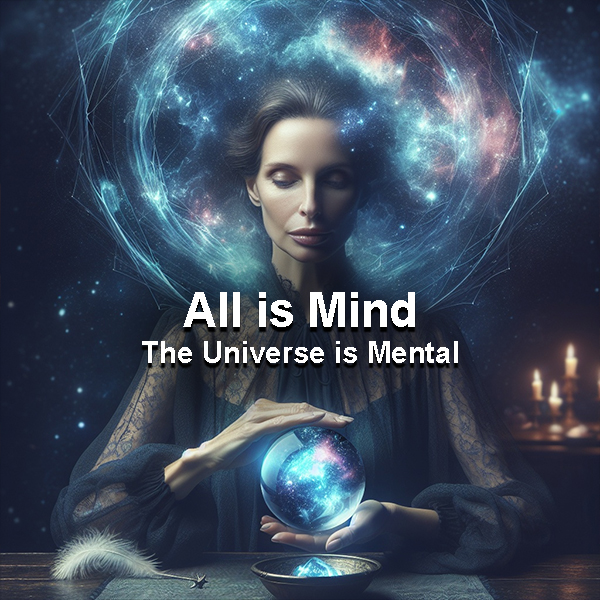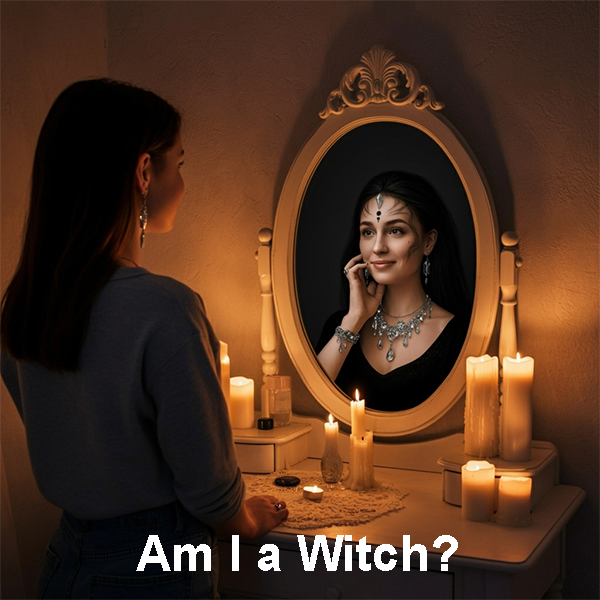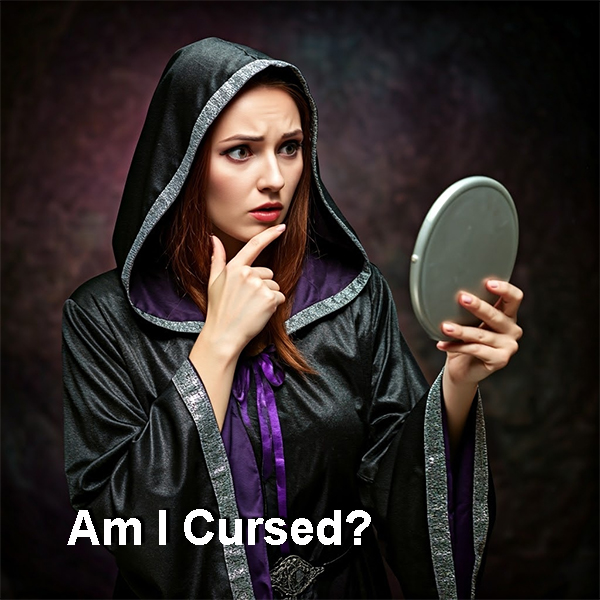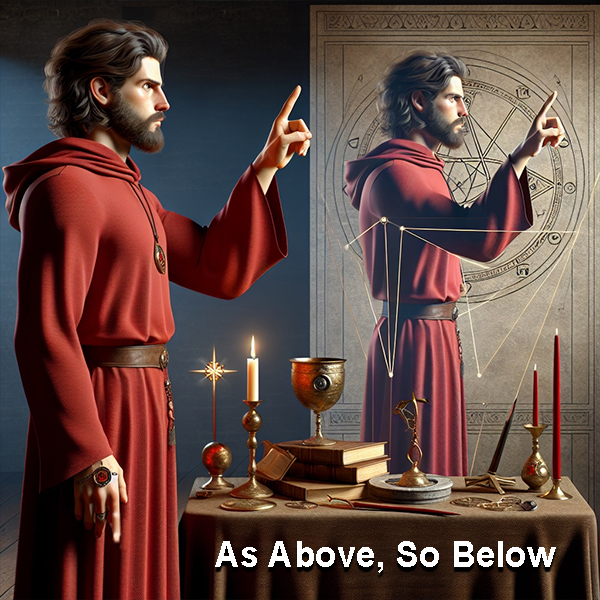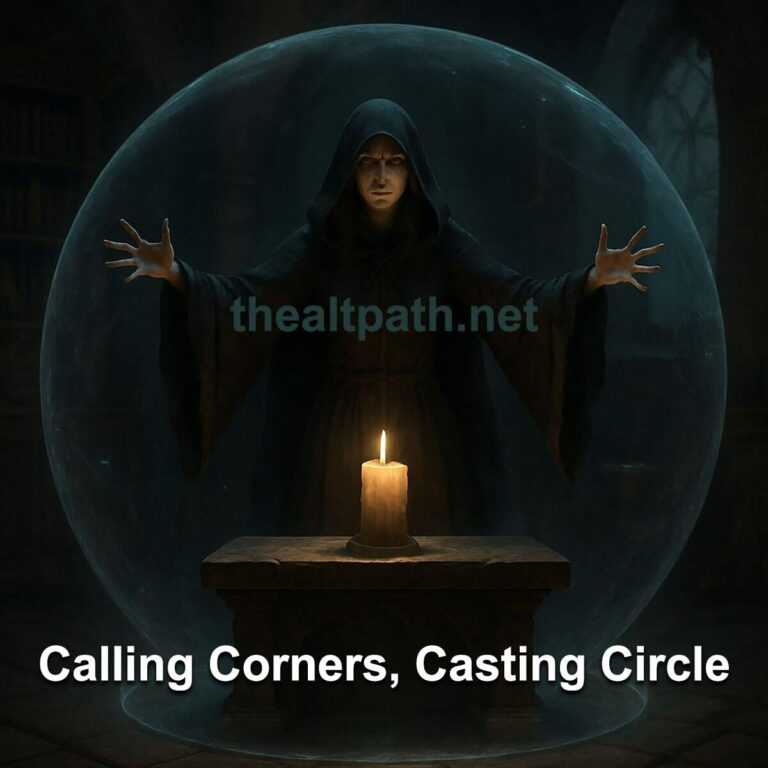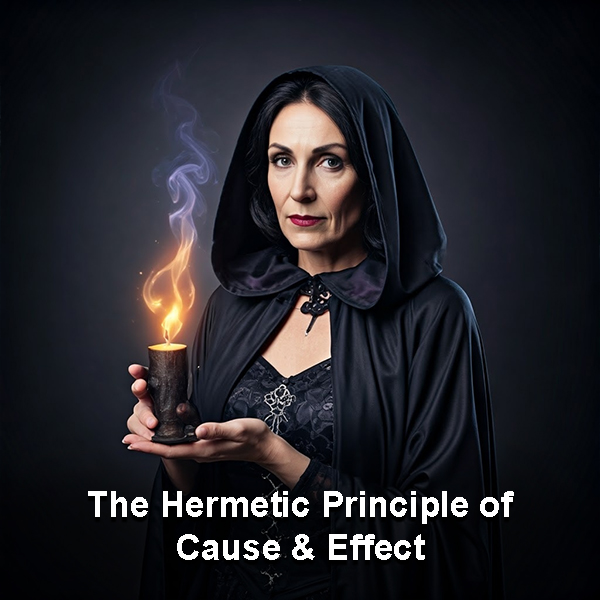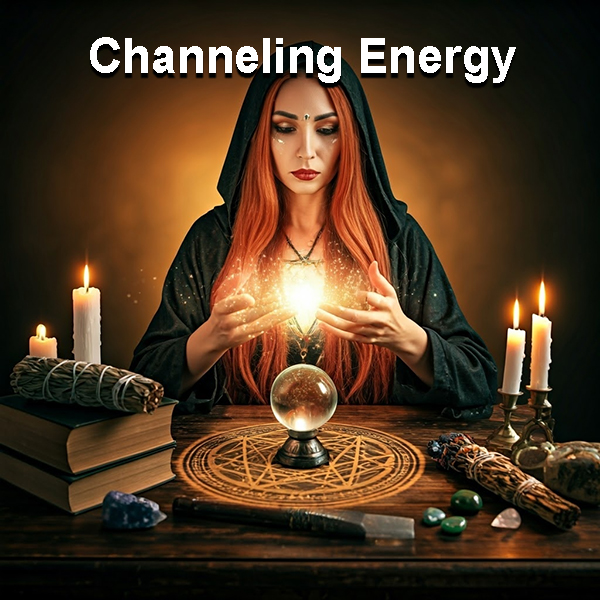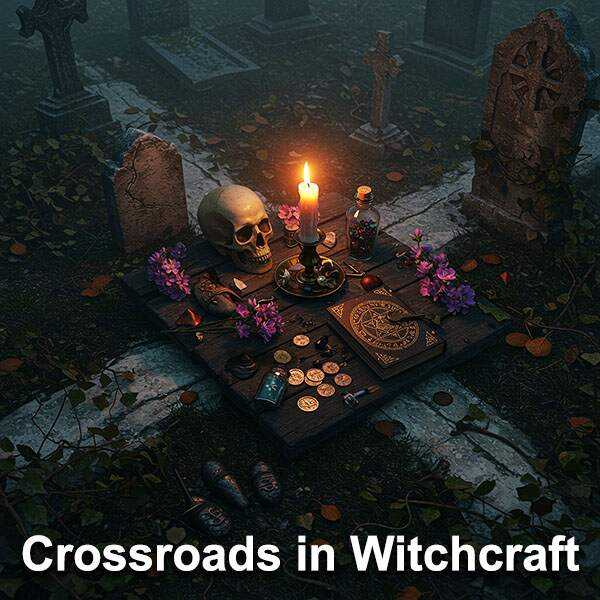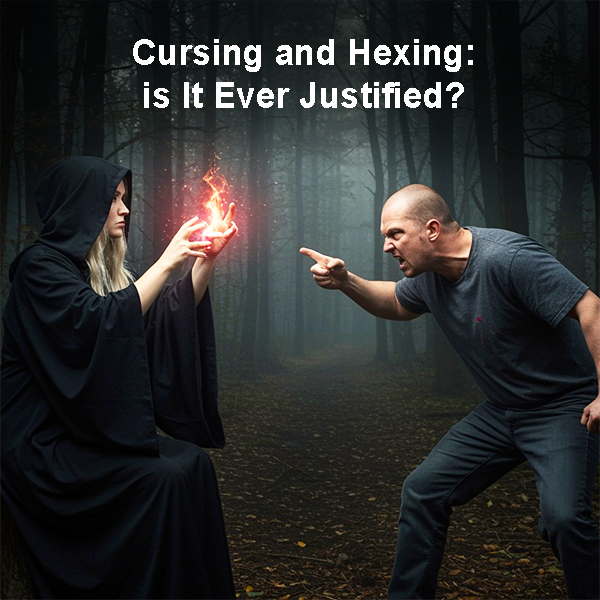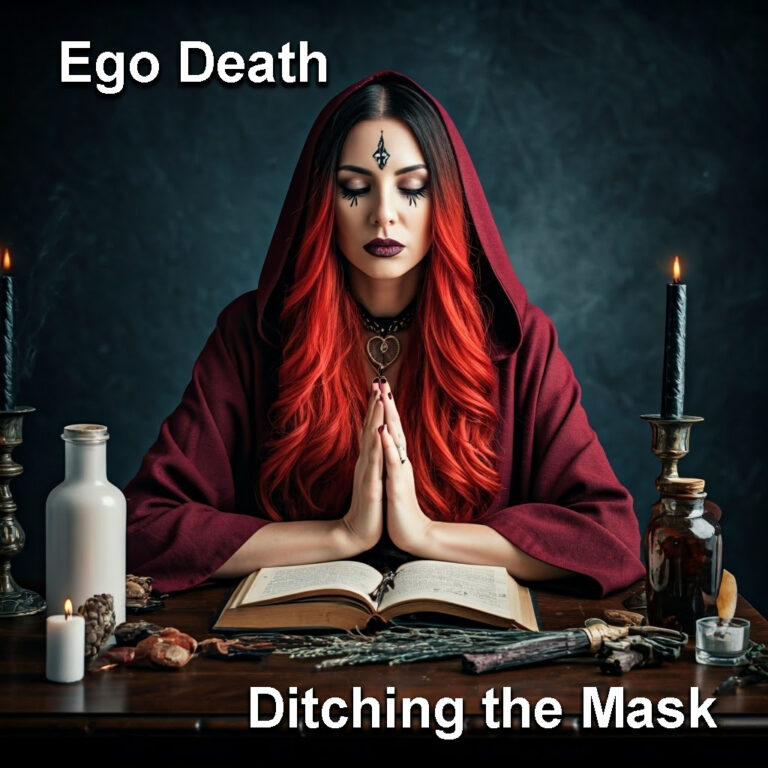In this category’s posts, you’ll learn important considerations to ponder before pursuing learning witchcraft. And you should, I’ve always felt that witchcraft without some form of guiding spirituality is like a glorified hobby at best, a loaded gun at worst. As you work through these posts, you’ll see your way to being well in the mind, happy in the heart and greater health for the body.

Witchcraft really is one of the greatest self-help studies you could take up. I love helping people with depression or anxiety. Sometimes with business and money or helping a person learn to not be a victim. Emotional healing or learning to live with psychic empathy are common for me when it comes to teaching.
Learning Witchcraft: Beyond the Broomstick
So, you’re interested in learning witchcraft, huh? Maybe you’re drawn to it because of the glamour, the power, or perhaps it’s just the allure of something different.
Whatever the reason, let’s get one thing straight: it’s not all about casting spells or flying around on broomsticks in astral form. Sure, that part gets a lot of attention, but there’s a lot more to it than meets the eye.
Learning Witchcraft – What is Witchcraft?
 Learning witchcraft, at its core, involves connecting with the natural world. It encourages you to understand the cycles of nature, energy, and the unseen forces around you. When people talk about witchcraft, they usually refer to the art of harnessing these energies. This can mean working with herbs, crystals, the elements, or even the moon’s phases. It’s a deeply personal journey, often rooted in spiritual exploration.
Learning witchcraft, at its core, involves connecting with the natural world. It encourages you to understand the cycles of nature, energy, and the unseen forces around you. When people talk about witchcraft, they usually refer to the art of harnessing these energies. This can mean working with herbs, crystals, the elements, or even the moon’s phases. It’s a deeply personal journey, often rooted in spiritual exploration.
However, let’s be real, witchcraft is far more complex than just “magic.” It’s not some get-rich-quick scheme or a way to instantly fix all your problems. If you’re looking for that, maybe try a self-help book instead. Learning witchcraft takes time, patience, and a bit of trial and error. And no, you won’t summon a demon to do your homework, unless you’re into that sort of thing. But even then, I’d suggest reconsidering.
Our physical store, is a great place to learn witchcraft, come visit! Connect with us for more on Instagram, Facebook (Meta) or TikTok. We have a large occult library with many topics, though we have lots of occult books here. We also love visiting with people whether they are serious or just curious, no judgement.
Why Are People So Scared of Witchcraft?
Ah, fear. The ultimate companion when it comes to witchcraft. Why does it make so many people nervous? Well, for starters, society has demonized it for centuries. Thanks to history books, movies, and just plain misinformation, many view learning witchcraft as dark and dangerous. For a long time, people feared what they didn’t understand, and that fear led to accusations, trials, and even executions. Lovely, right?
Fast forward to today, and while we’re not burning anyone at the stake (hopefully), the stigma persists. People still equate witchcraft with evil or black magic. What’s laughable is that learning witchcraft is often about healing, empowerment, and personal growth, not cursing your enemies. But hey, fear and ignorance make for great stories, don’t they?
Learning Witchcraft: Am I a Witch?
 Ah, the ultimate question. Am I a witch, or am I just playing around with candles and crystals or just like witchy jewelry? It’s a question many ask when first diving into the world of witchcraft. Here’s the thing: learning witchcraft doesn’t automatically make you a “witch.” There’s no magical threshold you cross, no special ceremony to mark your entrance. It’s not like Hogwarts; you won’t wake up one day with a wand in hand.
Ah, the ultimate question. Am I a witch, or am I just playing around with candles and crystals or just like witchy jewelry? It’s a question many ask when first diving into the world of witchcraft. Here’s the thing: learning witchcraft doesn’t automatically make you a “witch.” There’s no magical threshold you cross, no special ceremony to mark your entrance. It’s not like Hogwarts; you won’t wake up one day with a wand in hand.
Being a witch, in the true sense, involves living a life aligned with the values of witchcraft, respecting nature, tapping into your own power, and working with the world around you in ways that feel authentic. It’s a mindset, not a title. If you’re learning witchcraft, you’re probably already walking the path. Whether or not you identify as a witch is entirely up to you. Just don’t expect a certification in the mail.
Types of Witches
If you’ve done even a little research on witchcraft, you’ve probably come across all sorts of labels. “Green witch,” “hedge witch,” “kitchen witch,” “cosmic witch,” and on and on. It might make you wonder if there’s some sort of witchy hierarchy or a secret witch club where you have to pick a title. The truth is, these titles exist to help you understand the different focuses within the practice of witchcraft, but they’re not the end-all-be-all.
For instance, a green witch focuses primarily on herbs, plants, and the natural world. A kitchen witch? Well, they focus on spells and practices related to food and cooking. A hedge witch might work with more eclectic or shamanic practices. In reality, you don’t have to pick a category right away. In fact, it’s okay to combine practices and make your path uniquely yours.
Remember, these titles are more about focus than anything else. You might discover that you’re drawn to several areas of witchcraft. It’s all part of the fun, this isn’t some “pick a side” scenario. It’s a journey, not a contest.
Witchcraft vs. Wicca
Oh, here we go. The classic confusion. “Witchcraft” and “Wicca” are often used interchangeably, but they are not the same thing. Learning witchcraft doesn’t necessarily mean you have to subscribe to Wicca. Wicca is a specific religious path that incorporates elements of witchcraft. It was popularized in the 20th century by figures like Gerald Gardner and Doreen Valiente, and it includes rituals, deities, and a specific code of ethics known as the “Wiccan Rede.”
The word “wicca”, it’s use, spelling and meaning covers a ton of history and territory and can mean many things depending on its usage and context. Today, it usually refers to modern 20th century Wicca.
On the other hand, witchcraft is more of an umbrella term. It’s the practice of working with magical and spiritual energies, and you can practice it in many ways that don’t involve the Wiccan religion. Some people are Wiccan and practice witchcraft, while others practice witchcraft without adopting Wicca’s religious framework. It’s all a bit confusing at first, but in the end, it’s your path, so you get to decide what resonates with you.
A Witch Belongs to the World
One of the most beautiful aspects of learning witchcraft is the sense of connection that comes with it. Witches don’t live in isolation. They are part of something much larger, nature, the universe, and humanity itself. There’s no “us vs. them” in witchcraft. The belief that witches are outcasts from society is an outdated and harmful stereotype.
Learning witchcraft teaches you that you’re not just an individual, but part of a whole. Nature’s rhythms, seasons, moon phases, tides, guide you, and you learn to honor and respect the world around you. Whether you live in a city or a rural area, you’re still connected to the land. It’s about recognizing your place in the grand tapestry of existence and working with that energy to create positive change in your life and the world.
Yet at the same time, it teaches you about you. You are power, you are sovereign, you are individual, both unique and special while you are a part of this marvelous, magical universe.
Misconceptions About Witches
Let’s clear something up: witches don’t sit around all day casting spells with cauldrons. In fact, most witches probably spend more time reading books, journaling, or tending to their plants than doing anything remotely resembling what most people see on television or the movie screen.
Don’t get me wrong, sometimes we really do get at it with simple or complex spells and rituals.
Hollywood and social media have made witches seem mysterious and dangerous, but in reality, most witches are just regular people like you and me. They have jobs, families, hobbies, and pets, some of them even wear flannel.
And let’s address the big one: no, witches are not out to hex you. Sure, some may engage in protective or defensive magic, but the overwhelming majority of witches focus on healing, growth, and personal empowerment.
Magic, as it’s often called, is about influencing energy, not controlling people. If someone tries to tell you that they’re going to curse you because you looked at them funny, well, I’d be skeptical. That’s not typical witchcraft; it’s more about the dramatic flair of a handful of bad actors.
Conclusion: Learning Witchcraft Is What You Make of It
Ultimately, learning witchcraft is what you make of it. You won’t become a “witch” overnight, and that’s okay. It’s a journey that will take time, patience, and self-reflection. You might face some judgment from others along the way, but if you’re serious about learning witchcraft, you’ll eventually find your tribe.
Whether you’re drawn to it for spiritual reasons or just out of curiosity, don’t let the misconceptions get to you. Witchcraft isn’t about fear; it’s about empowerment.
So, ready to start learning witchcraft? It’s not all spells and potions, but trust me, there’s a lot more magic in it than you think.
Witchcraft & Ancient Occult Wisdom
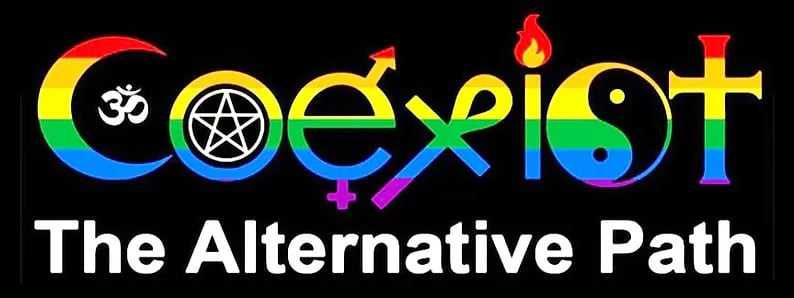
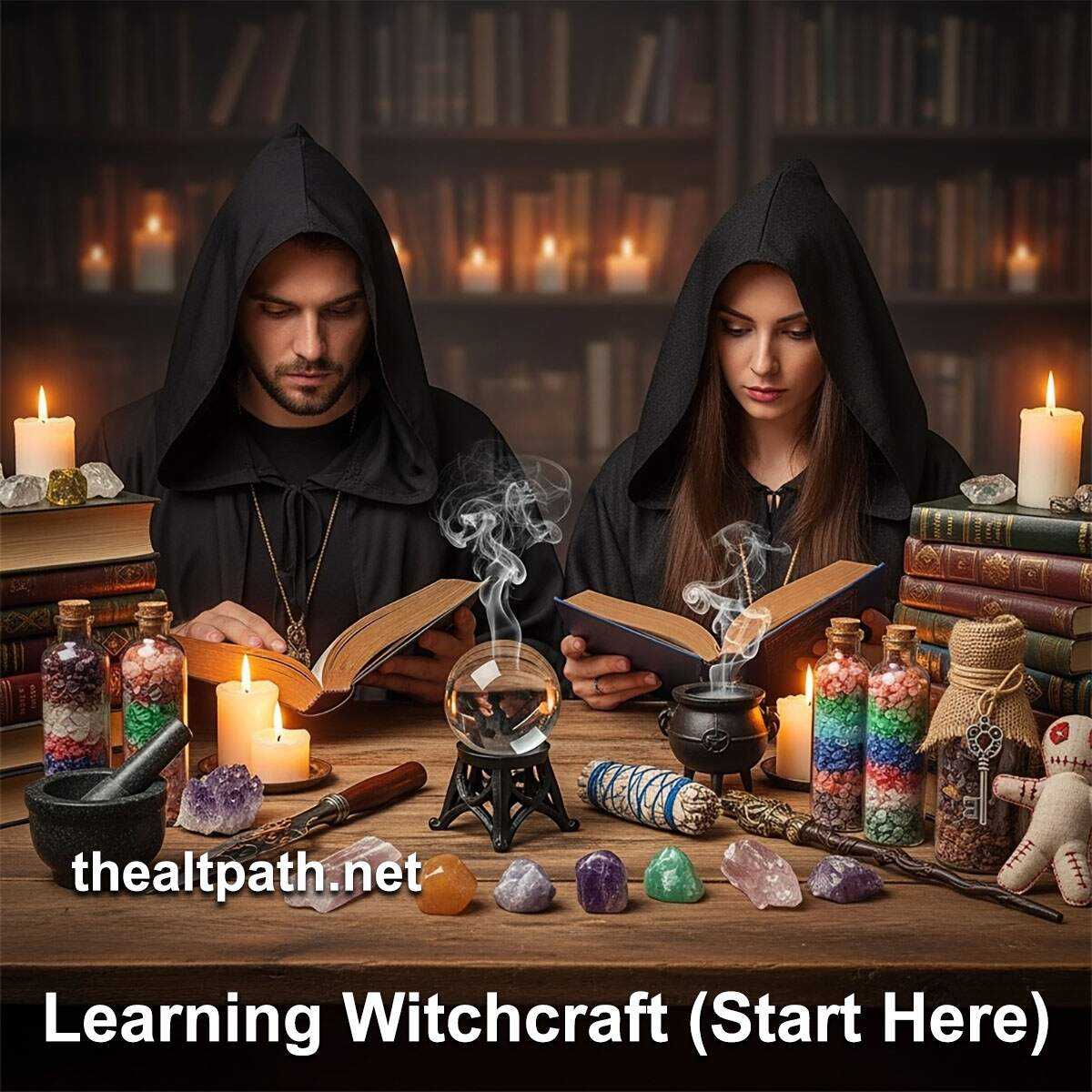
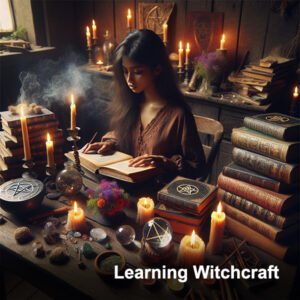 Learning witchcraft, at its core, involves connecting with the natural world. It encourages you to understand the cycles of nature, energy, and the unseen forces around you. When people talk about witchcraft, they usually refer to the art of harnessing these energies. This can mean working with herbs, crystals, the elements, or even the moon’s phases. It’s a deeply personal journey, often rooted in spiritual exploration.
Learning witchcraft, at its core, involves connecting with the natural world. It encourages you to understand the cycles of nature, energy, and the unseen forces around you. When people talk about witchcraft, they usually refer to the art of harnessing these energies. This can mean working with herbs, crystals, the elements, or even the moon’s phases. It’s a deeply personal journey, often rooted in spiritual exploration.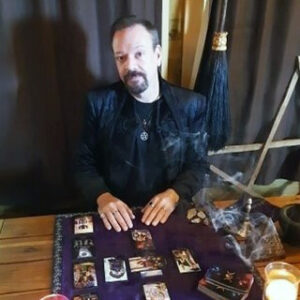 Ah, the ultimate question. Am I a witch, or am I just playing around with
Ah, the ultimate question. Am I a witch, or am I just playing around with 